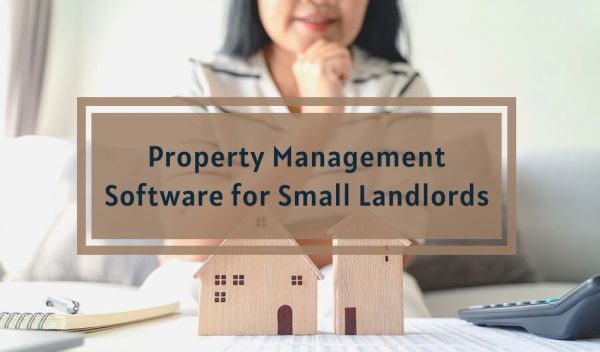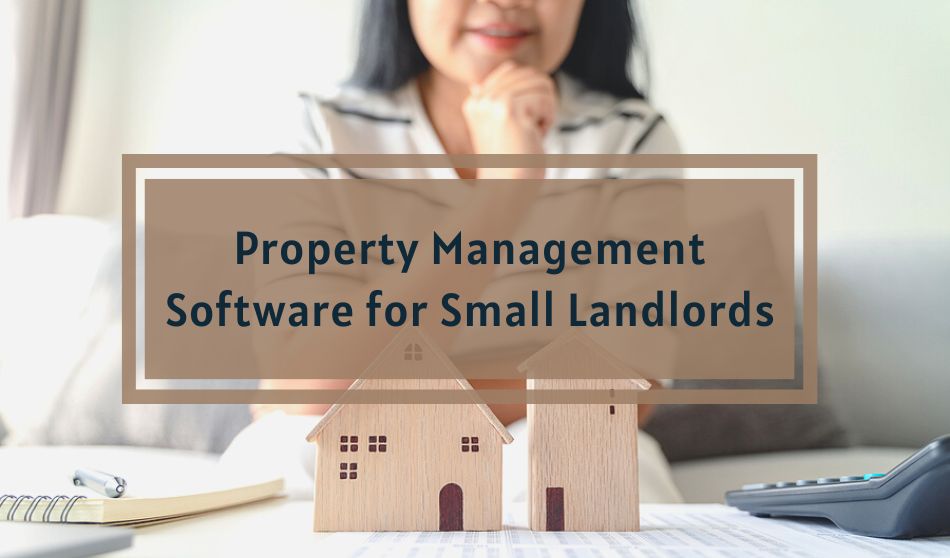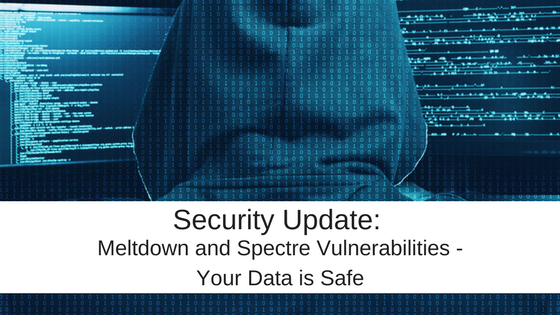
Property management software for landlords gives investors a convenient way to track financials, properties, and tenants. But landlords who only manage a few properties can often feel discouraged when looking for a software to automate their rental management tasks.
Too many landlord software options advertise that they are free, only to nickel and dime you over time, or the free options do not offer a robust enough platform to promote your growth. On the other hand, some property management software companies won’t even let you sign up if you don’t meet their unit minimum.
What should small landlords look for in a property management software?
With the seemingly endless software options available, it can be hard to search for the diamond in the rough. This is especially true when you are a DIY landlord who doesn’t have the time to sit through endless calls and marketing material to find the best option for your needs.
When considering property management software, everyone should evaluate features, price, training, and customer experience, as well as determine other criteria you value for your rental business.
Learn more about property management software: Best Property Management Software for 2022
That said, small landlords should have specific criteria in mind to ensure that their software choice serves them well long-term while providing enough support for today’s needs.
The ideal property management software for small landlords should have:
- Useful features with room to grow
- Excellent customer service at every stage of your growing business
- Good pricing compared with other popular options
- A landlord-focused software (preferably designed by landlords or property managers)
Useful Features in a Property Management Software for Landlords:
A great property management software for small landlords is one that will offer you features robust enough to allow your unit count to grow–even into the hundreds–without making you compromise.
This means that your software will cover all areas of managing a rental property. A truly robust software will have a lot of features that make your daily tasks much quicker–especially if you have multiple properties or units.
Your landlord software should have robust marketing and tenant communication features (rental listing syndication, text messaging to tenants, and an app or online portal for tenants), leasing and inspection features (options for tenant screening, secure document signing, and turnover inspection tools and the ability to store leasing documents online for easy reference). Finally, a great landlord software or property management software won’t require you to use an outside accounting or bookkeeping software; all of the information you need for your properties, tenants, and financials should be easily accessible in one place. Robust reporting tools, 1099 tax e-filing and secure bank synchronization are all a must–especially if you manage multiple doors.
Do you need property management software for less than 10 units?
The right software will help you stay organized and help you accomplish management tasks quickly and efficiently. While software might feel unnecessary for 1 or 2 rental properties, using software is actually one of the best ways to up good rental management habits.
Routine tasks can be automated, so you can spend more time focusing on tasks that will help you increase your income. Often, landlords or investors with 1-10 properties have other jobs that pull their attention from rental management. This is why property management software can be extremely helpful.
Property management software is designed to save you time and its features will automate the following tasks:
- Rent collection is automated with online payments
- Notifying tenants of rent increases is automated with automatic reminders
- Maintenance management is automated with an online maintenance request system
- Lease signing is automated with eSignature options
- Posting rental vacancies is automated with a rental listing syndication network
- Tax filing is automated with an online efile connection between the IRS and your software
The examples above are just some of the ways the features in a good property management software will save you time and improve your bottom line. It can be helpful to start using features like these when your portfolio is small and the management tasks are straightforward.
Excellent Customer Service Regardless of Portfolio Size:
Small landlords are just getting started and often don’t have a lot of time to navigate complex new software features. An easy-to-use software with excellent customer service is crucial when you are just starting out. If the property management software you are evaluating doesn’t offer excellent phone support in addition to an online knowledge base, you are setting yourself up for a lot of headaches.
Most landlords get into real estate in the hopes of accruing a passive income source. That goal becomes difficult if you’re navigating a complicated software system with no help. Small landlords shouldn’t have to wait until their door count is high to get help; after all, the sooner you navigate your software with ease, the sooner you can grow your business or simply focus on family time. Whatever your goals are, your software should support you, not make your life more difficult. A great software company for landlords knows this and won’t charge extra for excellent customer service or hide it behind a unit minimum.
A great property management software is there to support a landlord’s long-term success, not just to make a quick buck. If your software company isn’t willing to support you while you’re small, it’s time to reevaluate whether they deserve your business when you’ve grown.
What Good Pricing Looks Like in a Property Management Software for Small Landlords:
Landlords who are just starting out with a handful of properties should be cautious before choosing a free software. This is particularly true if you want to grow your portfolio over time. Free software can come with a la carte pricing, additional customer service fees, and may even offset their costs by charging tenants. If your portfolio is growing, these fees can add up.
Consider looking at software solutions that offer upfront and transparent pricing from the start; keep in mind that a robust software with a lot of features will mean you won’t be forced to purchase an accounting software or other program to track all of your financials or collect rent.






